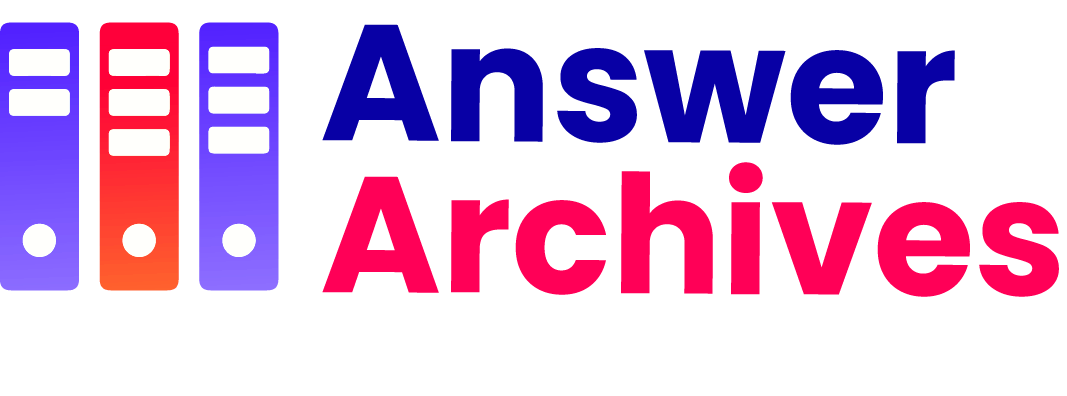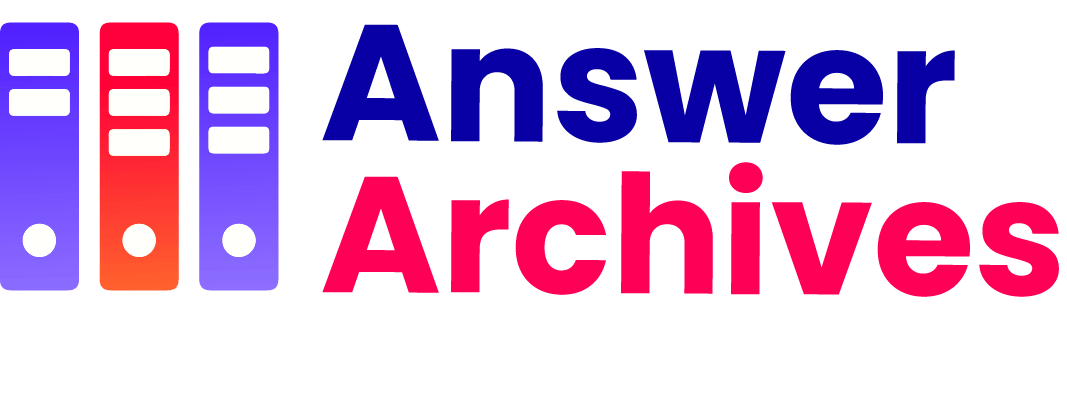Table of Contents
The United States has long been a beacon of academic excellence, attracting students from every corner of the globe. This article explores the pathways to achievement within its diverse educational landscape.
The Diversity of American Educational Institutions
The United States hosts a rich tapestry of educational institutions, including public and private universities, liberal arts colleges, community colleges, and technical schools. Each type of institution offers unique opportunities tailored to different student needs and career aspirations.
Public universities, often large and research-focused, provide a plethora of resources, extensive course offerings, and financial aid options. Schools like the University of California system are known for their cutting-edge research facilities and diverse student bodies. Private universities, such as Ivy League schools, typically have smaller student populations and emphasize liberal arts education tailored to individual growth and interdisciplinary learning. These institutions often boast impressive faculty-to-student ratios, fostering closer mentorship and personalized academic support.
Meanwhile, liberal arts colleges concentrate on providing a broad-based education aimed at developing critical thinking and communication skills across various disciplines. Schools like Williams College emphasize a well-rounded intellectual foundation, preparing students for various career paths. Community colleges offer affordable and accessible education, serving as stepping stones for students who wish to transfer to a four-year institution or gain specific vocational skills. Technical schools focus on hands-on learning, preparing students for specific trades and emerging industries like information technology and healthcare. With such a diverse array of educational institutions, students in the United States have the flexibility to choose a path that aligns most closely with their academic and professional goals.
The Role of Standardized Testing and Admissions Processes
Standardized testing has been a cornerstone of the American college admissions process for decades. Tests like the SAT and ACT are designed to provide a uniform metric for evaluating the academic readiness of students from various educational backgrounds. However, the role of standardized tests in admissions has become a topic of heated debate. Critics argue that these tests may not accurately reflect a student&8217;s potential and disproportionately disadvantage underrepresented groups. In response, many universities have adopted test-optional policies, allowing students to choose whether or not to submit their test scores.
Despite the controversies, standardized tests remain a crucial component of the admissions process for many institutions. They serve as a benchmark that supplements other application materials, such as high school GPA, letters of recommendation, and personal statements. For international students, English proficiency tests like the TOEFL or IELTS are often required to ensure that students can handle the rigors of coursework conducted in English. Additionally, some specialized programs may require subject-specific tests like the SAT Subject Tests or Advanced Placement (AP) exams.
The admissions process is holistic, taking into account a variety of factors beyond test scores. Extracurricular activities, volunteer work, and personal essays provide insight into a student&8217;s character, leadership potential, and passions. Interviews and campus visits can also play a role in the admissions decision-making process, offering applicants the opportunity to showcase their personalities and engage directly with admissions officers. Given the competitive nature of college admissions in the United States, students are encouraged to present a well-rounded application that highlights their unique strengths and aspirations.
Financial Aid and Scholarships
Financing a college education in the United States can be a daunting prospect, given the high tuition fees at many institutions. However, a robust financial aid system, including scholarships, grants, and loans, helps alleviate this burden for many students. Federal and state governments offer various types of financial aid, such as the Pell Grant and the Federal Work-Study Program. These programs are usually based on financial need and require students to fill out the Free Application for Federal Student Aid (FAFSA).
Scholarships are another vital resource for funding education. Many universities offer merit-based scholarships that recognize academic excellence, leadership, or talent in specific fields such as athletics and the arts. External organizations, ranging from corporations to non-profits, also provide scholarships aimed at supporting students who meet certain criteria, whether based on merit, need, or demographic background. Notable scholarships like the Fulbright Program and Rhodes Scholarships offer significant financial support and are highly competitive, often requiring a rigorous application process.
Student loans, while requiring repayment, provide immediate access to necessary funds for tuition, books, and living expenses. Both federal and private loans are available, but it&8217;s crucial to understand the terms and conditions, including interest rates and repayment schedules. Institutions also offer work-study programs, allowing students to earn money through part-time employment on or off-campus. Navigating the financial aid landscape can be complex, but with careful planning and the right resources, students can reduce the financial barriers to obtaining a higher education in the United States. Comprehensive financial aid packages enable students from diverse economic backgrounds to achieve their academic goals and contribute to a richer, more diverse academic community.
The Importance of Academic and Personal Support Services
Navigating the complexities of higher education can be challenging, but American institutions offer an array of support services designed to help students succeed both academically and personally. Academic advising is a cornerstone of this support, with advisors assisting students in course selection, major decisions, and career planning. Regular meetings with academic advisors ensure that students stay on track to meet their educational goals and can adapt their plans as needed. For those struggling with coursework, tutoring centers and writing labs provide additional academic support, offering one-on-one assistance and workshops to improve skills in specific subjects.
Mental health services are also a critical component of student support. College life can be stressful, and many institutions have counseling centers that offer free or low-cost mental health services, including individual therapy, support groups, and crisis intervention. These services are essential for helping students manage stress, anxiety, and other mental health issues that may affect their academic performance and overall well-being.
Career services offices help bridge the gap between academic experiences and the professional world. They offer resources such as resume writing workshops, mock interviews, and job fairs to prepare students for post-graduation careers. Many offices also maintain databases of internships and job opportunities, providing students with valuable connections and practical experiences in their fields of interest. Peer mentoring programs, student organizations, and extracurricular activities further enrich the student experience, fostering a sense of community and belonging.
Overall, the comprehensive support services available at American institutions play an indispensable role in student success. By offering academic guidance, mental health resources, and career planning, these services ensure that students can navigate the challenges of college life and achieve their academic and personal goals. In a supportive environment, students are better equipped to thrive and make the most of their educational opportunities.
The Impact of Extracurricular Activities on Academic Success
Extracurricular activities are more than just a way to pass the time; they play a significant role in shaping a student&8217;s academic and personal development. Participation in clubs, sports, and volunteer organizations provides students with opportunities to develop leadership skills, teamwork, and time management—all of which are transferable to the academic setting. Engaging in extracurricular activities can also enhance a student&8217;s resume, making them more competitive in both college admissions and the job market.
Student organizations, ranging from academic clubs to cultural groups, offer a platform for students to explore their interests and foster a sense of community. These organizations often host events, workshops, and guest lectures that enrich the academic experience and provide networking opportunities. Involvement in such activities encourages students to apply classroom theory to real-world scenarios, deepening their understanding of their chosen fields. For example, students in a business club might organize a startup competition, allowing them to gain practical experience in entrepreneurship.
Sports and arts programs also contribute significantly to personal development. Athletics teach discipline, resilience, and teamwork, while involvement in the arts can enhance creativity and emotional expression. Both types of activities require consistent practice and dedication, instilling valuable habits that are beneficial in academic pursuits. Moreover, student-athletes and artists often learn to balance rigorous schedules, juggling practices, performances, and academic responsibilities effectively.
Volunteer work and community service projects offer another dimension of extracurricular involvement. These activities not only contribute to personal growth but also instill a sense of social responsibility and civic engagement. Volunteering can expose students to diverse populations and issues, broadening their perspectives and enhancing their empathy. This holistic approach to personal development is highly regarded by universities and employers alike, who value well-rounded individuals with a commitment to community service.
In sum, extracurricular activities enrich the academic experience and contribute to the overall growth of students. They provide a balanced approach to education, promoting skills and values that are essential for both academic success and personal fulfillment. By participating in a variety of activities, students can discover their passions, build meaningful relationships, and develop a well-rounded skill set that will serve them well beyond their college years.


